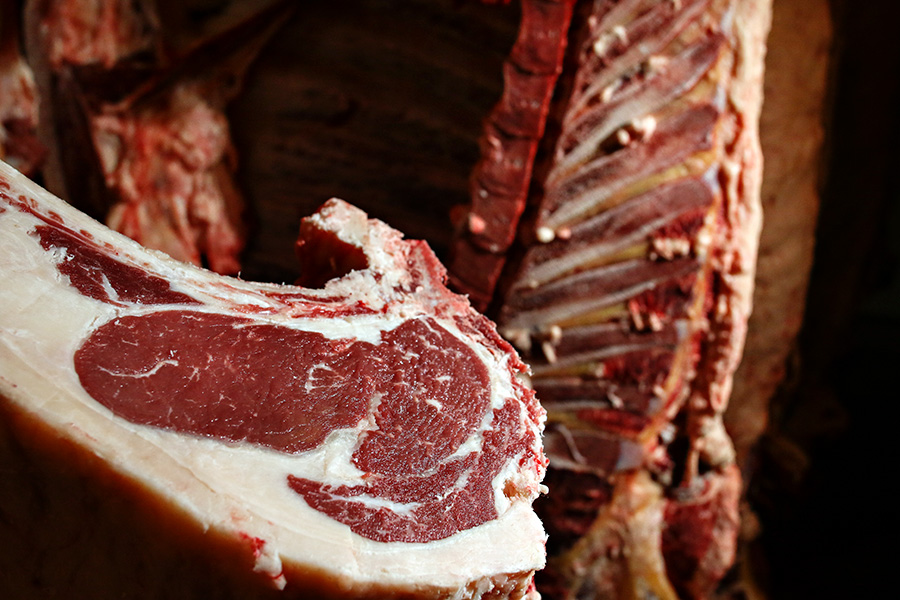The high level of interest in the Montana Meat Processing Infrastructure Grant program reflects “the necessity for increased in-state meat processing capacity” amid national supply chain disruptions, Gov. Steve Bullock’s office said last week in announcing more than 60 grant recipients, including a number in Northwest Montana.
Bullock and the state Department of Agriculture said more than $7.5 million was awarded altogether in grants, which are designed to “aid small and medium-sized meat processors in responding to the COVID-19 crisis through the adaptation and advancement of meat processing infrastructure and capacity in Montana.”
The money came through Montana’s coronavirus relief fund, which is the state’s allocation of federal stimulus dollars.
“The impacts of COVID-19 have highlighted how fragile the nation’s supply chain can be, especially when it comes to meat processing,” Bullock said on Aug. 4. “It’s crucial that our producers have viable options for getting their meat to market. Investing in meat processing infrastructure will help our Montana producers, strengthen local food systems, and bolster food security for Montanans in communities across the state from Plains to Circle.”
Among the grant recipients in Northwest Montana were Lower Valley Processing of Kalispell ($150,000), Farm To Market Pork of Kalispell ($140,000), Vandevanter Meats of Columbia Falls ($150,000), Montana Marbled Meats of Polson ($150,000), Mission Mountain Food Enterprise Center of Ronan ($72,500) and Round Butte Custom Cuts of Ronan ($136,477).
The funds will be used for equipment purchases and facility modifications to increase cold storage and processing capacity. In the case of Farm To Market Pork, the dollars will allow the business to expand processing capacity for beef as well as pork, according to the governor’s office.
The Northwest Montana Veterans Stand Down and Food Pantry received a $63,443 grant “to assist with equipment purchases and facility modifications to increase capacity for repackaging and distributing meat donations to veterans and their families.”
C&C Meat Processing in Browning was awarded $150,000 to assist with equipment purchases, slaughter floor installation and facility modifications for increased cold storage and processing capacity. Clark Fork Custom Meats in Plains received $140,000 for equipment purchases and to increase cold storage and processing capacity.
Bullock’s office said strengthening processing infrastructure and capacity will increase market options for Montana’s cattle, hog and poultry producers while protecting consumers from supply chain disruptions.
Agricultural trade groups, along with U.S. Sens. Jon Tester and Steve Daines and Rep. Greg Gianforte, lobbied for measures during federal COVID-19 relief discussions to protect Montana farmers, ranchers, meat processors and consumers due to national food supply disruptions, including significant interruptions to national meat-processing capacity.
When Bullock announced the creation of the Montana Meat Processing Infrastructure Grant program in early June, he said the grants would “help Montana businesses put more Montana meat onto more shelves.”
“Plus, an increase in in-state processing means more direct sales, and better, value-added markets for producers,” the governor said. “These investments will bolster Montana’s food security, making us stronger in response to the pandemic, as well as long into the future.”
Jeremy Plummer of Lower Valley Processing said the grant money should help his business and other processors meet demand from both local livestock producers facing processing hurdles and consumers increasingly wanting local meat.
“Because of COVID, there’s bigger demand from local consumers for local product,” Plummer said. “We are feeling a strain to help out the community. With us being overbooked, as well as other processors being overbooked, producers are really looking for an outlet for their animals and consumers are looking for local meat. Hopefully this helps out.”
